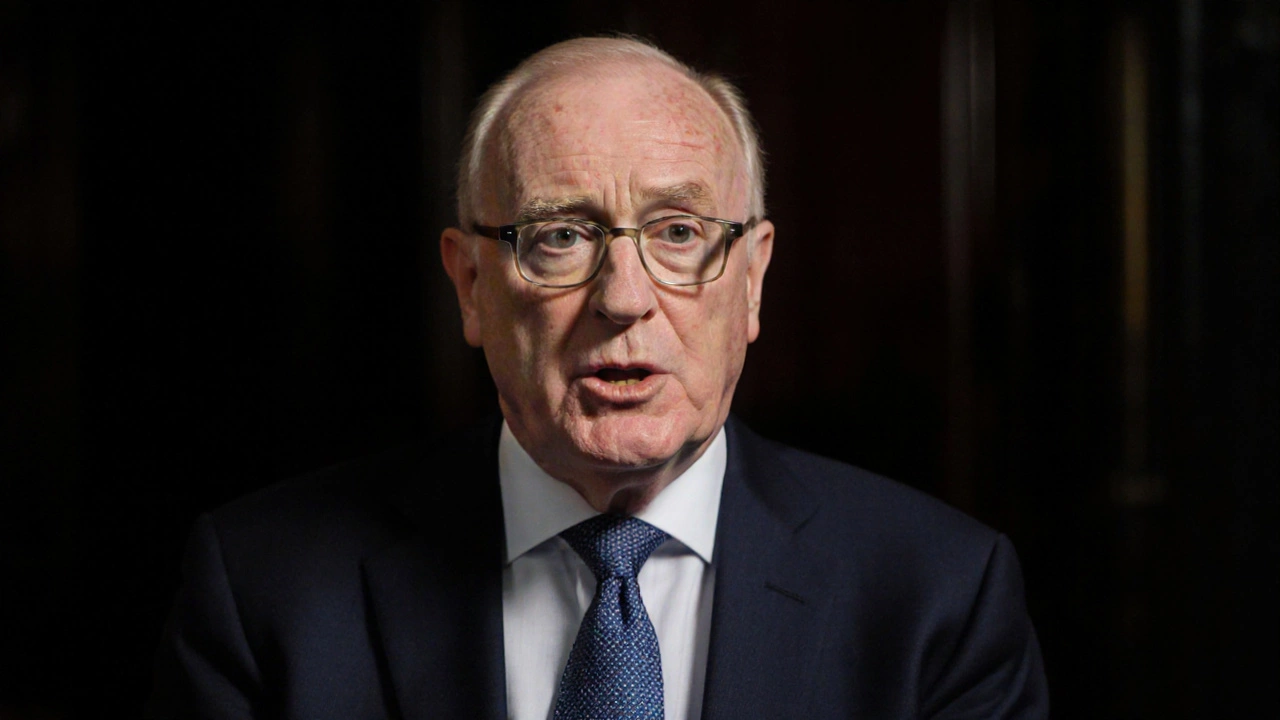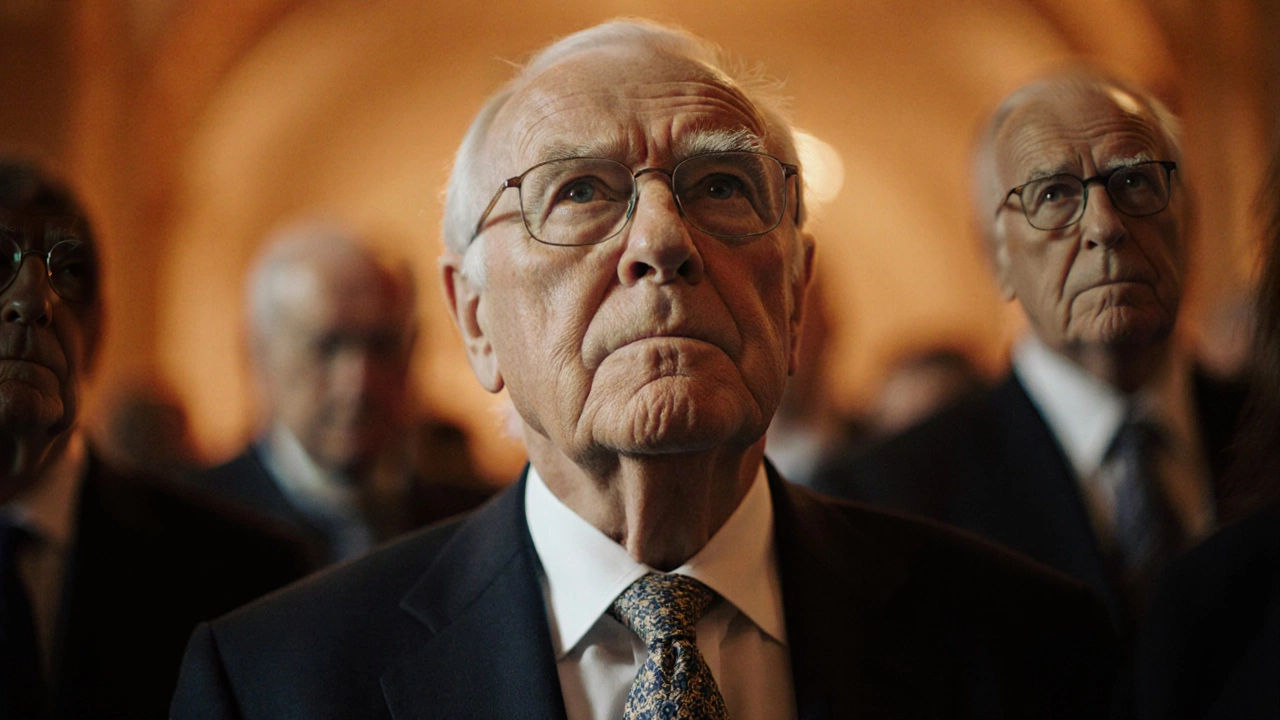A life that spanned sport, law and politics
When Menzies Campbell passed away on September 26, 2025, the outpouring of grief was both immediate and heartfelt. His grandson, Gregor Grant‑Suttie, summed it up in a moving message: the awards and accolades that dotted a public career were nothing compared with the love he gave as a husband, father and friend.
Born on May 22, 1941, the Scot grew up in a post‑war world where education and hard work were seen as the route to any achievement. He first made a name for himself on the running track, representing Scotland in the 1500 m at the 1968 Olympics. A few years later he turned his focus to the courtroom, earning a reputation as a sharp barrister with a knack for defence cases. By the time he entered Parliament in 1987 as MP for North East Fife, he already carried two very different badges of honour.
Campbell’s political rise was swift. In 2006 he became the first elected leader of the Liberal Democrats, a role that placed him at the centre of British politics just as the party was negotiating its place alongside Labour and the Conservatives. His tenure was marked by a principled stance on civil liberties, a relentless push for electoral reform, and a clear‑sighted view of defence matters that earned respect beyond Scotland’s borders.

Legacy, ageism and the modern Liberal Democrats
The media’s fascination with his age proved a stumbling block. Critics fixated on a handful of wrinkled photographs, turning a discussion about policy into a personal debate. Nick Clegg, who succeeded him, later called the coverage “barely disguised ageism,” echoing concerns raised by Age Concern back in 2006. Yet Campbell never let the noise deter him; he kept his standards high and his focus on education and public service.
Ed Davey, current Liberal Democrat leader, highlighted Campbell’s influence on the party’s direction, noting how his international perspective helped widen the party’s outlook beyond narrow UK politics. For Scotland, his contributions felt like a national pride point – a Scot whose ideas were as global as they were local.
Beyond the headlines, those who knew him remember a man whose daily routine was built on the values of his generation: early mornings, constant reading, and a belief that personal improvement never stops. Friends recall his habit of pulling out a well‑worn legal textbook during lunch breaks, eager to discuss the latest case law.
The tributes also touched on his family life. Grandchildren recall weekend rugby sessions where he’d swap a legal brief for a ball, and his wife remembers the quiet evenings spent planning charitable projects. These anecdotes paint a picture of a man who balanced public duties with a deep commitment to his own circle.
Campbell’s departure leaves a gap in the party’s senior ranks, but the principles he championed – integrity, education, and a willingness to challenge age‑based stereotypes – continue to guide the Liberal Democrats. As the party navigates post‑Brexit realities and debates on climate action, his legacy serves as a reminder that leadership is as much about character as it is about policy.
In a world still grappling with how to treat older public figures, Campbell’s story stands out as both a cautionary tale and a beacon. It asks us to look past the silver hair and focus on the substance a lifetime of achievement brings. The outpouring of admiration from across the political spectrum proves that, despite the media’s occasional short‑sightedness, respect for genuine public service endures.
